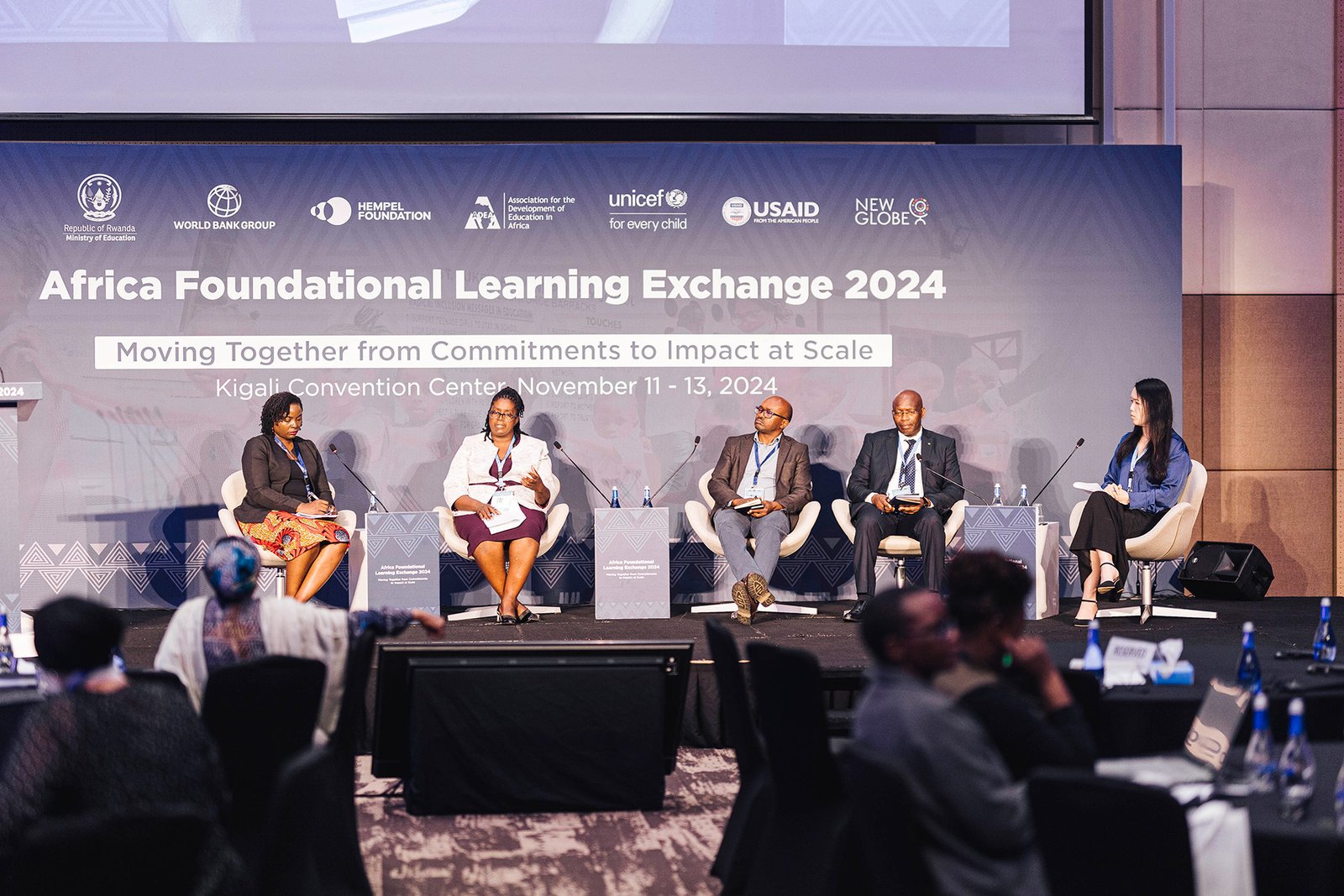How countries are improving learning achievements through enhanced production and use of education and skills data

Data has become a critical component in the decision-making process within education systems today. However, many African countries face significant challenges in producing reliable, high-quality education data and translating it into actionable insights that can drive meaningful progress. Education experts are increasingly advocating for systems that not only collect data on learning outcomes but also analyze and interpret this data to guide informed decisions about teaching and learning.
Against this backdrop, a recent Technical Exchange Session organized by the Education and Skills Data Challenge (EDSC) project—implemented by ADEA in partnership with the Mastercard Foundation Centre for Innovative Learning—shed light on the urgent need for African countries to generate and effectively use quality education and skills data, particularly learning assessment data. This technical session at the 2024 Africa Foundational Learning Exchange in Kigali, aligned with FLEX’s foundational learning focus. It brought together global, regional, and country-level insights to explore the challenges, experiences, and steps needed to improve data systems and tackle the current shortcomings in data quality and use.
Presentations by key partners – UNESCO GEM Report, UNICEF and National Foundations for Education Research – highlighted the following challenges during the session:
- Data gaps and challenges: A significant concern is the lack of comprehensive, reliable data on learning outcomes. In many countries, even when data is collected, it is not always clear where to begin or how to interpret it meaningfully, and the trustworthiness of the data is often questioned.
- Inadequate national-level assessments: Many country-level assessments are not designed to report findings at the national level, making it difficult to draw broad conclusions or track progress effectively. Furthermore, learning assessments are not institutionalized, which limits their ability to diagnose learning challenges and guide educational reforms consistently.
- Need for expertise in data production and use: There is a pressing need to build more knowledge and skills around assessment practices. Strengthening local expertise in data collection, analysis, and interpretation is crucial in making data-driven decisions that improve educational outcomes.
Despite these challenges, several African countries are making progress in improving their data systems. During a panel discussion moderated by Inyang Umoren, the ESDC Project Manager, panelists from Kenya, Rwanda, and Zambia shared examples of how these countries are proactively using data to drive improvements in learning outcomes. In Zambia, the government has adopted an evidence-based approach to foundational learning in response to poor performance following a regional assessment. Rwanda has developed a national assessment aligned with global proficiency standards, and Kenya is working on strengthening its test development processes to enhance learning assessments.
A key takeaway from the technical session was the need to empower teachers, who are directly involved with students, to collect and use data for instructional purposes. Teachers play a critical role in improving learning outcomes, and strengthening their capacity to interpret and act on data can have a significant impact on students' educational experiences. Additionally, participants also emphasized the importance of strengthening the Education Management Information Systems (EMIS) across African countries. A robust EMIS is essential for producing high-quality education data that policymakers can use to make informed decisions about policy, planning, resource allocation, curriculum development, and monitoring and evaluation.
In conclusion, while many African countries face significant challenges in data collection and use, there is a growing desire and action for improvement. Strengthening the capacity of educators, improving data systems, and ensuring the institutionalization of learning assessments are key steps in addressing these challenges and advancing educational reforms across the continent. The insights shared at the FLEX 2024 underscore the importance of data in transforming educational outcomes and fostering more effective learning systems in Africa.